Managing our Natural Systems in a Holistic, Systemic and Inclusive Manner
Natural systems are crucial to the functioning of our economy and maintaining the quality of life. Biotic and abiotic resources derived from our natural systems are either used to make products, or function as sinks (soil, air, and water) that absorb emissions. However, as per statistics, 80% of India’s surface water is contaminated and almost 30% of India’s land is undergoing degradation in some form. (Desertification and land degradation Atlas of India 2016) Thus, this indicates an exigency to make our economies greener and decouple degradation of natural systems from economic growth. With this context in mind, the round table discussion on “managing our natural systems” focused on identifying and listing the challenges which hinder our growth towards a greener economy, in addition to finding collaborative solutions to address them.
Natural systems in simplistic terms could be defined as “people for nature and nature for people”. Rather than having a skewed view of conservation strategies, we must think of holistically managing our natural systems. The valuation of our natural resources takes into account the direct consumptive values, but overlooks the indirect benefits of nature. Thus, there is a need for differential valuation of our natural systems, such that all ecological and spiritual interactions between man and nature are understood and valued.
Our natural systems do not have a voice; therefore, it becomes people’s responsibility to raise their voice to safeguard nature. The challenge in achieving this is our seclusion into rigid boundaries and a top down approach lacking convergence. There is an urgent need to move away from silos and sectoral thinking, into a more innovative and inclusive way of functioning, for which it is imperative on the part of government to develop a cluster approach to planning, identify a champion in planning with a greener lens, and develop dynamic policies that encourage need based interventions. Businesses need to value nature by assessing their benefits as a function of cost to natural resources. On a similar note, the civil societies need to be engaged in dialogues for building meaningful and robust collaborations to enhance the community’s capacities.
Human psychology has an impact on the imbalance in our natural systems. This can be exemplified by the mismatch between the production and consumption patterns. Even though initiatives have been taken by businesses and government to value and manage our natural systems, little has been done on building sustainable markets. Most of the agriculture based innovations lack the understanding of technology’s relevance to the natural systems. As a part of corrective strategies, the government needs to identify and reduce perverse subsidies, such as those for agricultural consumption of water and electricity; and businesses need to be more judicious about their resource use and develop ethical sourcing mechanisms.
There are various good management strategies which can serve as learning tools and be replicated to bring large scale impacts. Though these solutions are localised in nature, some of these traditional NRM practices are ecologically healthy and constitute an integral part of people’s cultural identity. Rather than depending upon technology dumping, one can look for traditional practices that offer better innovative solutions to our complex problems. The traditional ecological knowledge needs to be preserved through proper mapping. Moreover, the government needs to initiate state level land use planning which would help in adopting a more holistic approach for land management and designing appropriate policies and schemes.
Communities are often left behind in the planning process. However, it has been seen that communities have greater ownership when it comes to managing the natural environment in a sustainable manner. The Narmada Bachao Andolan and Chipko movement are instances where the community’s participation was able to reduce the gravity of potential environmental damage from large dams and deforestation, respectively. It is necessary to hear the voice of communities and at the same time sensitise them on managing our natural resources. The government should develop more platforms for open discussions and focus on social inclusion as part of the development agenda. In a nutshell, our developmental aspirations need to be realistic, inclusive and representative of the nature and people.
Satabdi Mohapatra
smohapatra@devalt.org
The views expressed in the article are those of the author’s and not necessarily those of Development Alternatives.


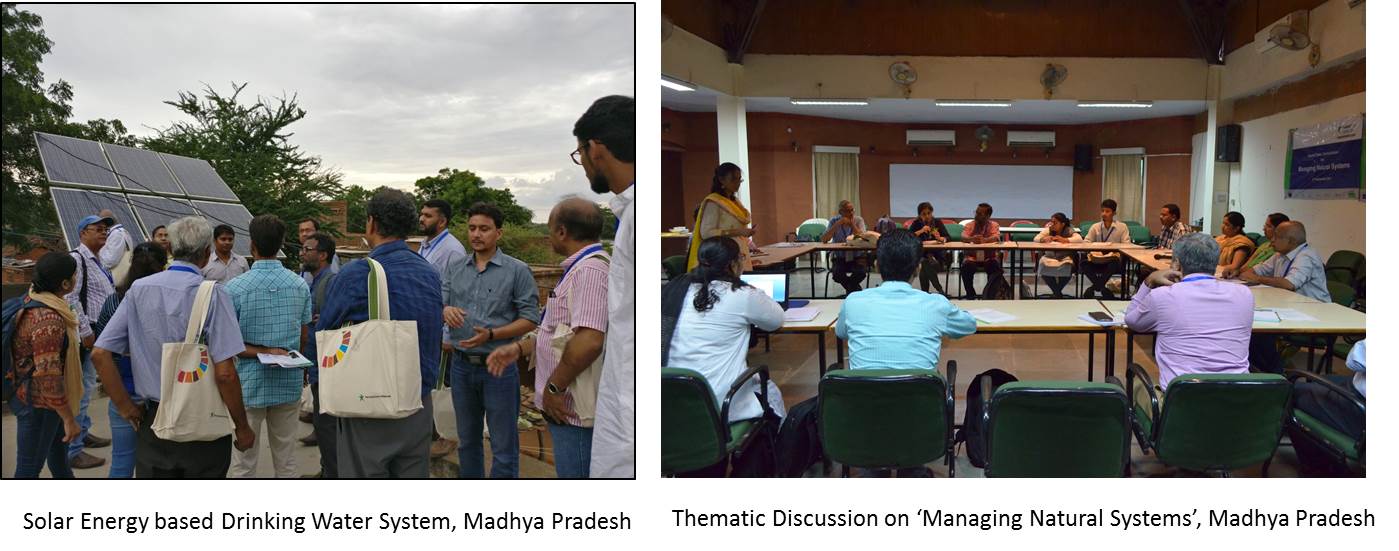
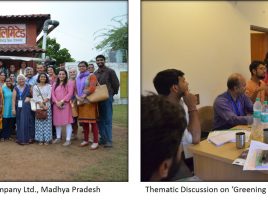
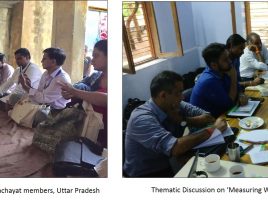
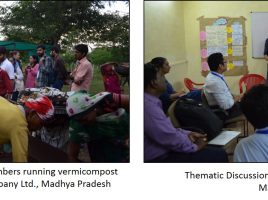
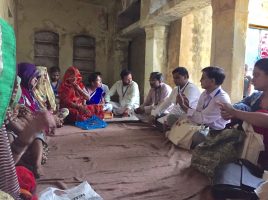
Leave a Reply